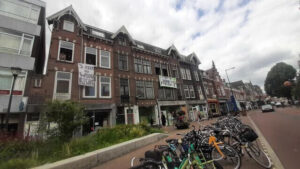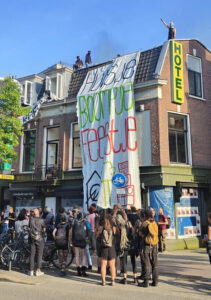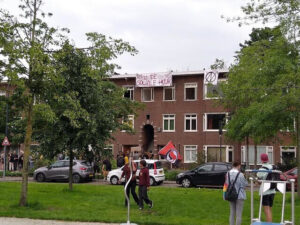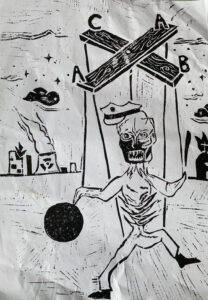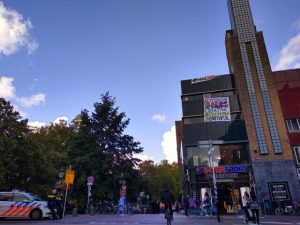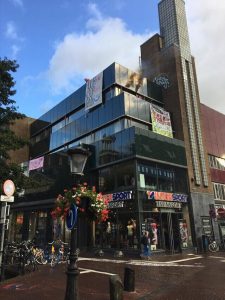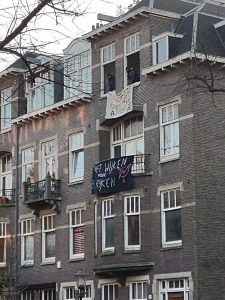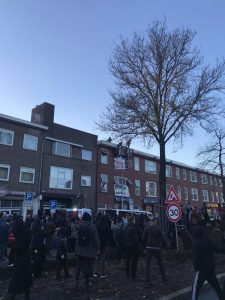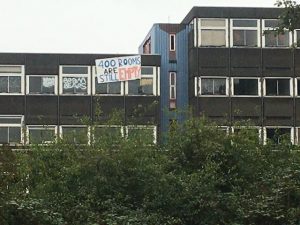This morning, No Border Camp 2024 started with the occupation of a terrain in Utrecht (a meadow on the Mercatorlaan (directly opposite P&R Papendorp), next to the Amsterdam-Rhine Canal at the Prins Claus Bridge). Until Sunday, several hundred people from the Netherlands and abroad will gather on this terrain to resist the current migration policy through actions, workshops and culture.
Saturday 24 August, there will be a demonstration, starting at the No Border Camp towards the city centre of Utrecht.
Tomorrow afternoon, from 5 p.m., a noise demonstration against the detention and deportation of refugees will take place from the camp at the Judicial Complex Zeist (Kamp Zeist, Richelleweg 13, Soesterberg), where refugee families with children, among others, are locked up.
Kamp Zeist has been a location for many years where refugees are locked up, awaiting deportation or being thrown back on the streets. The site includes a special prison for families with minor children. This is where children such as the recently in the news Mikael (11 years old) and his mother Gohar, who are at risk of being deported to Armenia, are locked up. “Kamp Zeist has been the target of actions against the inhumane refugee policy for years,” says Sasha, spokesperson for the No Border Camp organization, “and tomorrow we will be there again to support imprisoned people and to make a clear voice for the abolition of borders and for freedom of movement for everyone.”
The No Border Camp targets both the increasingly repressive Dutch migration policy and developments at European level, where militarization of borders, pushbacks and other human rights violations are the order of the day. The new Schoof cabinet is adding plans to lock up more refugees, deport more people, make asylum applications more difficult and severely restrict the right to legal assistance.
MiGreat, the Bond Precaire Woonvormen, SOS Humanity, the Transnational Institute (TNI) and Stop Wapenhandel are among those contributing to the camp with workshops. Connections with climate change, racism and women’s and trans struggles are also on the programme.
Previous No Border Camps were held in Rotterdam (2013 and 2022), Wassenaar (2019) and Groningen (2023). [Read More]

